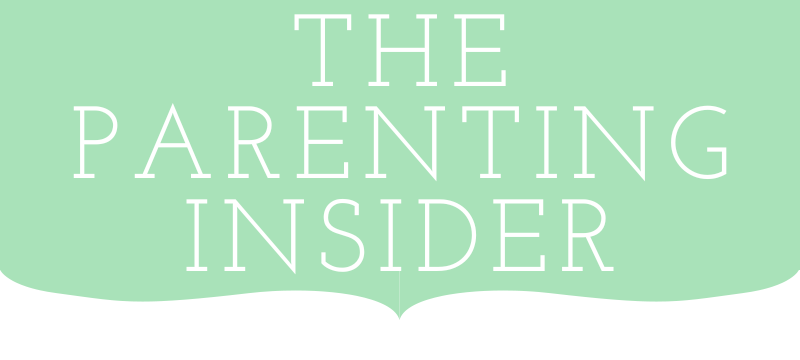What is Budgeting and Why Is It Important?
Creating your own budget will let you know how much money you have coming in, what your essential outgoings are and what you have left over for other things every month. Knowledge is power and when you can know how much you have, you can prioritise where the money is spent and ensure you do not overspend.
How to Get Started with Your Budget-Making Process

Your first step is to work out your total monthly income. Look at previous payslips and bank statements to work out an accurate amount each month.
Next, you need to make a list of all of your monthly outgoings. Include the essentials that must be paid e.g. rent, electricity, gas, water, etc. Add any debt payments such as credit cards or loan payments too. Be realistic about what you need to spend, budgets tend to go wrong when people underestimate their spending.
You can use pen and paper or record your budget on a spreadsheet. Include your income and must-pay items and their amount. Subtract the must-pay items from your income and record the amount you have left over.
Plan what you want to do with any leftover money each month. It can go to optional extras such as takeaways or nights out etc. or it can be put into savings accounts or sinking funds for the future.
Aim to have your balance back down to zero every month. This means at the start of the following month you can clearly see after all of your expenditures, what you have left for yourself.
The Most Important Steps for Tracking Your Budget
Regularly check your bank balance throughout the month to check you are on track with your budget. This can help you to make any adjustments that are necessary to avoid overspending and going into debt.
Nowadays it is easier than it has ever been to track your spending. There are money-tracking apps, budget tracking software and many banks even have their own apps with this feature.
Tracking your spending can let you see exactly how much you spend on different things and any patterns in your spending. You can easily see if you have overspent or if there are extra items that you did not budget for. All this knowledge can be used to prevent going into debt and help you to accurately plan the following month’s budget.
Setting Up Automatic Savings Plans

If you have money left over at the end of the month, how are you going to use that money? Will you spend it or save it?
It is useful to have a savings plan to give you additional security for the unexpected in the future. It can be difficult to remember to add this money to your savings every month. To make it easier for you try setting up automated savings with a standing order at your bank. Direct the bank to put a set amount into savings every month.
Creating your own emergency fund is vital. This is saving for unexpected things such as your car breaking down, a burst pipe or a lost job. If you already have savings put aside for these events it stops you from going into debt if they arise.
Tips & Tricks to Stay on Top of Your Finances
When the unexpected happens, use your savings first, then if more is needed review your budget to see if there are any more savings to be made. Sometimes our savings might unfortunately not be enough. Can you negotiate necessary payments over a number of months to make things more affordable?
Sometimes when an emergency arises, loans or credit cards are necessary. Spread payments out over time to make them more affordable. Research your provider and look for the best deal available. For short-term loans, companies such as moneymutual.com loans will help link up potential borrowers and lenders.
Plan to pay off any debt that you take on and only take on debt that you can afford to pay back. Be aware of interest charges and take this into consideration in your payment plan and budget.
Keep motivated with your budget and savings by setting challenges for yourself. For example, if you really want to go on holiday next year, work out the cost and how long you have until you would go away. Break it down into monthly amounts that go straight into savings. Seeing the pot of money getting bigger can really help to spur you on.
Conclusion: Take Control of Your Finances with Effective Budget Planning Strategies
The key to creating your own successful budget is knowledge of your income and your spending. Creating a budget, tracking spending, automated savings and money-saving challenges are all good practise to build really good money habits and make steps toward future financial freedom.
